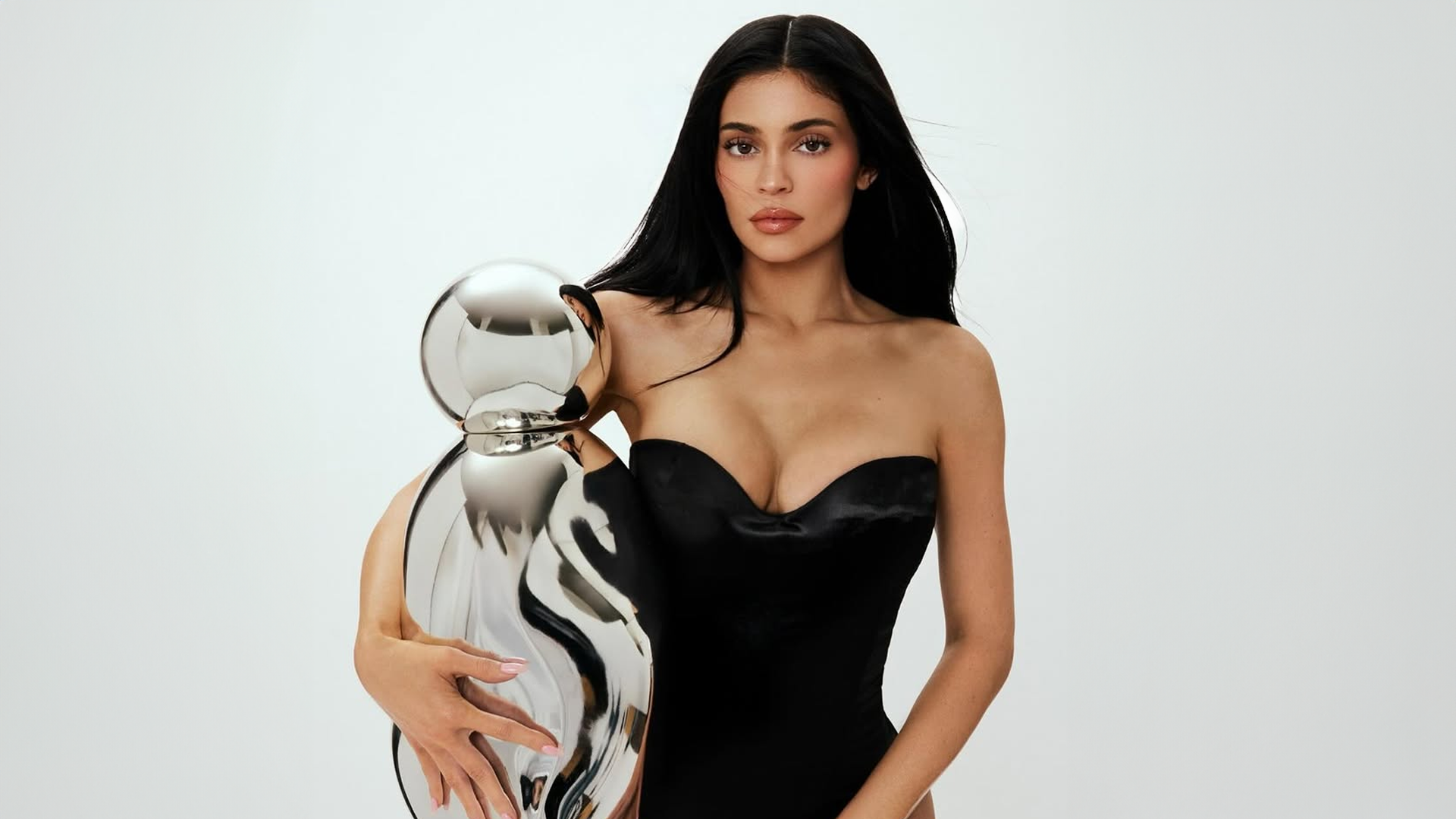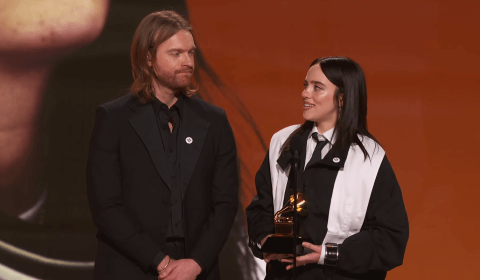Where do we draw the line when it comes to normalising plastic surgery?
I’ll be the first to admit that – when it comes to discussions of beauty treatments, tweakments, and under-the-knife surgery – I’m usually one to jump on the empowerment soap box.
‘You do you!’, ‘It’s your body’, ‘who cares what other people think?’. I’ve thrown these lines out on more than one occasion – whether it’s coaching a friend through their decision to have work done, or unpacking the latest celebrity transformation.
As someone who’s obsessed over – and forcibly changed – their face since turning 18, perhaps this blindly emphatic support of the beauty industry comes from a place of insecurity. But regardless, I tend to stand by it. We’ve come a long way in the past decade, and women are (for the most part) not as vilified for engaging in an industry that exists solely to encourage said engagement.
If anything we’ve gone in the opposite direction. Plastic surgery is so pervasive online that you’d be forgiven for thinking everyone was having work done. Far from the taboo it used to be, indulging in the vanity of physical adjustments is now seen as empowering. When we go under the knife or syringe, we’re ostensibly taking ownership of our own bodies and agency. Some might even categorise these invasive beauty treatments as self-care.
But as Ione Gamble and Gina Tonic discuss on the Polyester Podcast, out of the 68 million people living in the UK, 27,000 have had cosmetic surgery. That’s a very slim portion of the population. And considering how much is marketed around this industry nowadays, it’s somewhat confusing.
As with most things, the internet is largely to blame for this large-scale normalisation of plastic surgery. But last week we entered a new phase of the beauty industry’s convoluted life-cycle. After an influencer begged the reality star to share details of her breast augmentation, Kylie Jenner delivered.
@hiddenreels808 Kylie Jenner is such a queen for revealing her blueprint!!!! 🤫💅🏽👸🏻 #fyp #kyliejenner #kyliejenneredit #garthfisher #kyliesurgeon #kyliejennerandkendalljenner #kylieinspired ♬ NUNCA MUDA? – Scythermane & NXGHT! & MC Fabinho da Osk
A candid comment beneath the video stated the exact size of her implants, where they were inserted, and even listed the name of the surgeon who performed the procedure.
‘Everyone say ‘thank you Kylie”, was the following consensus. Across the web, she was being dubbed a ‘girls’ girl’. It was immediately clear how far we’ve gone in normalising major cosmetic surgery – now, sharing the exact steps taken to achieve an altered look is praised. We are not necessarily encouraging others to follow suit, but we’re giving them the tools to do so.
Kylie Jenner has been criticised in the past for denying cosmetic procedures – including a breast augmentation. The beauty mogul has arguably made her fortune off the back of her full pout, which she marketed as the result of Kylie Cosmetics lip kits (not the copious amounts of lip filler she received).




















